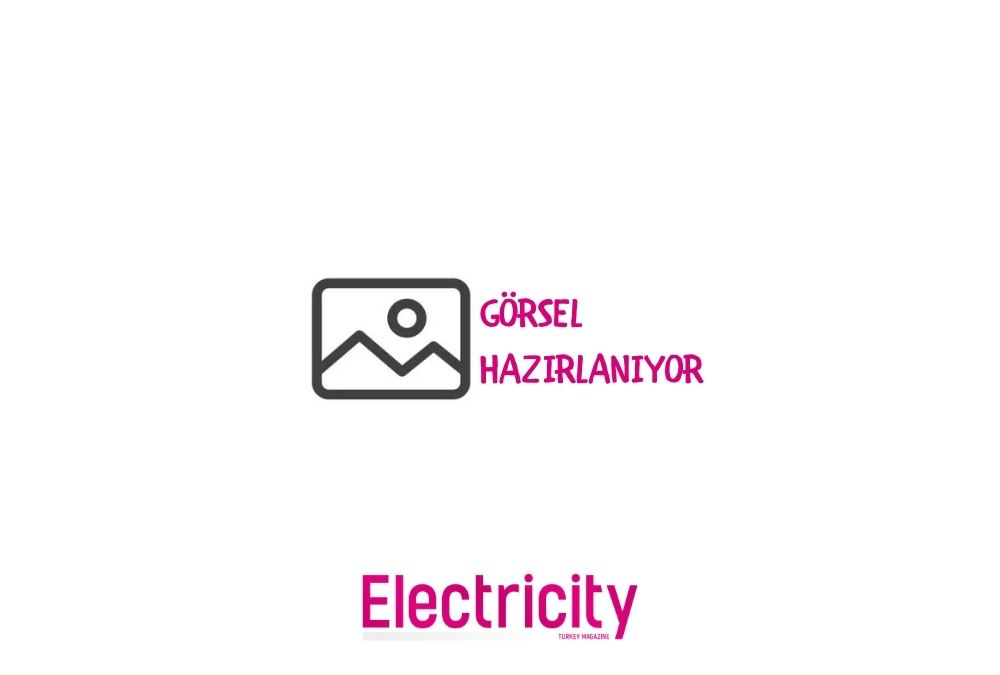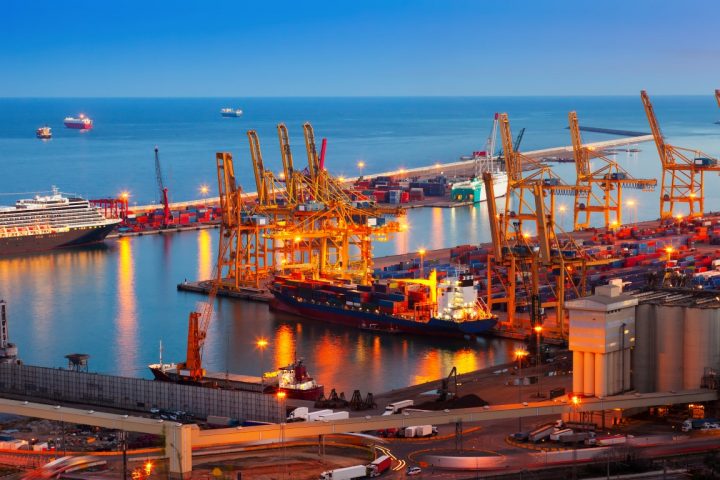

Ports are the gateway of nations to trade worldwide. With its busy terminals, ever-increasing transaction volumes and new investments, it is developing imports and exports while globalizing rapidly growing international trade.
Port authorities aim to improve efficiency and operations in order to achieve return on investment (ROI) and better profit margins in automated and all other equipment, including cranes, the most important equipment used in their terminals, in day-to-day operations such as general cargo and loading and unloading of bulk cargoes. For the trouble-free operation, control and process monitoring of this equipment, specially designed, industrial cables resistant to harsh operating conditions are required, ensuring efficient and continuous operation of the process.
There may be more than one terminal operating within a port that requires different expertise to serve a petrochemical plant, LNG terminal, or any other product line; These equipment and cranes used here are specially designed to carry out this type of transport alone.
Disruption of operations due to breakdown or replacement of parts at ports can result in labor and large financial losses. Therefore, when designing the equipment used in ports, it is vital that the cables are selected correctly and have a high quality standard according to the way they work, the environment and other variables.
For example, cranes need energy and control cables to operate, automate and control many of their components. The movements of crane legs on the rail or wheel, handling, lifting or bucket, etc. each of the vehicles has low or medium voltage power or control cables in a fixed or flexible structure according to the amount of power needed. These cables may also have built-in fiber optic cables (composite cables – consisting of a combination of power, control, and/or fiber cables) to provide data.
It is of great importance that these cables are resistant to intense and fast-moving operating conditions. While they must be compatible with the components of cranes such as drums, festoon systems and chain systems; they must ensure reliable and trouble-free operation in the long run.
Crane cables, which may be exposed to torsion, stress and mechanical stresses during intense movement, must also be resistant to strong current, corrosive effects caused by friction, water, moisture and various chemicals according to ambient conditions. In order to determine the suitability of these cables for use, it is of great importance that their selection is made meticulously, if necessary, by taking a professional opinion, and that they are stored and installed correctly in accordance with the storage conditions after supply.
Since each crane is designed according to different specifications (speed, movement, size, etc.), environmental factors and factors that may arise from the cargo transported may vary in each port, each case may require a unique experience of use. For this reason, in the selection of cables; their dimensions (cross-section, length, diameter, weight), current carrying capacity, mobility, overload and short circuit currents, voltage drops, mechanical strength and other special demands should be calculated by taking into account.
Üntel Kablo, with its expert and experienced team in its field, has aimed to meet the demands of these applications by working in continuous cooperation with port operators, crane and cable collection drum manufacturers in order to design and produce the highest quality products and has become a reliable solution partner that adds value to its activities.
Usage areas where Üntel Crane Cables offer solutions :
Our product range, which can also be used in ports, terminals, cranes and other equipment, has been created by our many years of experience in the sector, the joint work we carry out with our customers, the feedback we receive, the continuous R & D studies and without compromising on international quality standards. Our quality products and our ongoing after-sales service policy have enabled us to be a solution partner that gives confidence in the sector. Our team of experts makes maximum efforts to ensure that our customers have a smooth experience in technical and all other matters before and after the purchase.
Our ÜNFLEX, CRANEFLEX and SUPREMINE cables used in cranes:
As Üntel Kablo, we use modern CCV (Catenary Continuous Vulcanisation) line technology for rubber cable production in our facilities. This technology is able to extrude three layers of rubber in a single process.Our cables produced in these machines, which contain instruments that can keep the entire production process under control, are also produced using high-quality cable components (compound) to withstand harsh conditions. At Üntel Kablo, which provides effective solutions by acting with the principles of quality products and 100% customer satisfaction and evaluating customer demands and expectations within the framework of sectoral needs, all products are certified by reputable organizations with international recognition. Our crane cables, which are produced in accordance with international standards, are VDE certified.
Üntel Kablo is a member of PEMA (Port Equipments Manufacturers Association). PEMA provides a platform to externally inform, educate and promote best practices to ports, terminal operators, manufacturers serving the industry and other key stakeholders worldwide.
*PEMA training documents are used as a source in this article. "Practical Observations about Electrical Cables for Container Cranes"
 SİZİN DÜŞÜNCELERİNİZ?
SİZİN DÜŞÜNCELERİNİZ?